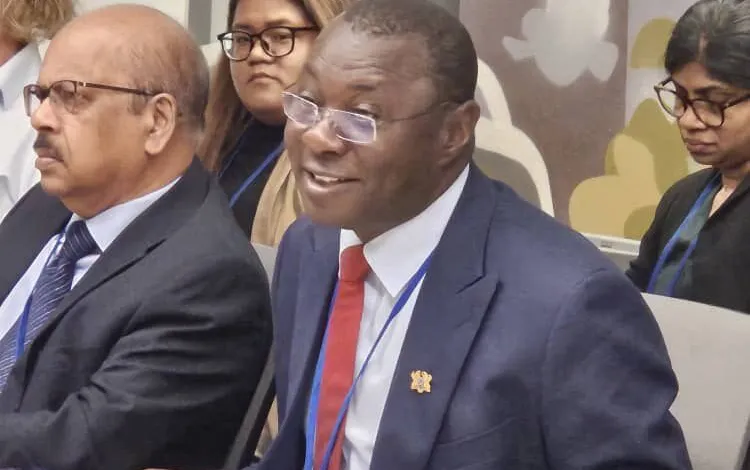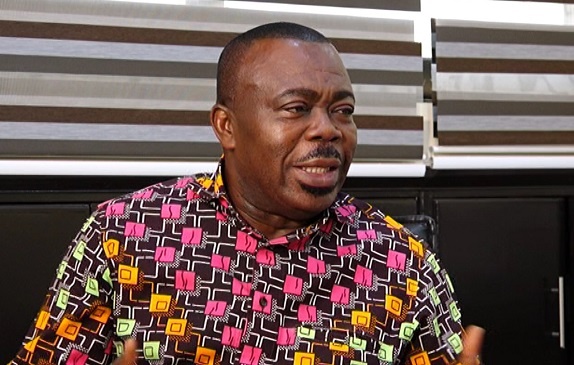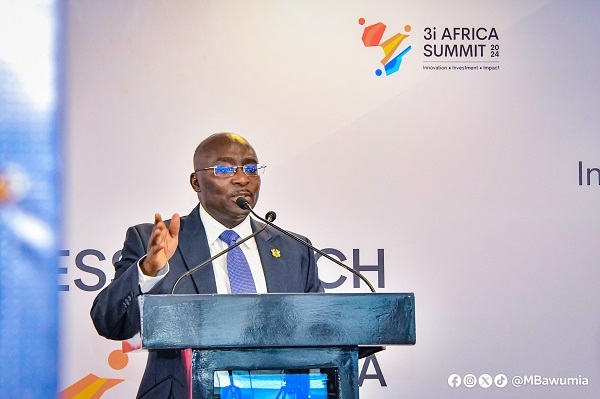
Debt Restructuring: Government to reach agreement with IPPs in May

The government has given an indication about reaching an agreement with Independent Power Producers (IPPs) on debt restructuring as part of measures to reduce deficit in the energy sector.
That, Dr Mohammed Amin Adam, Finance Minister, said would be essential in solving the country’s energy sector financial challenges, which has been largely attributed to recent power outages across the country.
The Minister was speaking at a press briefing to wrap up Ghana’s activities at the just ended International Monetary Fund (IMF)/World Bank Group (WBG) Spring Meetings in Washington, US, monitored by the Ghana News Agency.
He noted that though the country did not have excess capacity, it had to pay for the debt accumulated in addition to the payment of legacy debt in the energy sector.
“As a result of these”, we have renegotiated with the IPPs to restructure the debt and once we complete the negotiations, the debt overhung, shortfall will reduce.
I can tell you that in the next one month, we should be signing off with the IPPs on the restructuring of our debt,” he said.
Dr Amin Adam added that, “once the shortfalls are reduced, we should be working towards bringing the sector into financial sustainability in line with the Energy Sector Recovery Programme.”
Currently, Ghana has some US$1.9 billion energy sector financing gap to tackle, which the Minister during an earlier engagement at the spring meetings said had made the government take the “bullet” to solve.
“We assure investors that while there are challenges, we’re bold as a government to take the necessary bullet for us to put the sector in a more sustainable manner so as to address the challenges that investors are usually worried about,” he said.
The reforms include the implementation of the Energy Sector Recovery Programme, which started in 2019, and renegotiation of Independent Power Producers (IPPs) agreements to reduce the cost of generation.
There is also the implementation of a quarterly tariff adjustment review, which accounts for inflation, exchange rate depreciation, and changes in the generation mix, as well as a cash waterfall mechanism.
He disclosed the government’s plan to procure some one million revenue efficient meters through a partnership with the World Bank under a Programme-for-Result scheme to shore up revenue and support value chain operational effectiveness.
Meanwhile, the Institute for Energy Security (IES), has called on the Energy and Finance Ministries, to team up and urgently provide the money required to solve the current energy sector challenges to make Ghanaians enjoy reliable and affordable electricity.
The Institute also highlighted the importance of the government to resource the Electricity Company of Ghana (ECG) to bring down its technical and commercial losses.
Such support, Nana Amoasi VII, Executive Director, IES, recommended should go into the deployment of more smart meters, capable of detecting theft, in addition to having a more efficient distribution system to increase revenue.
Speaking to GNA last Tuesday, Nana Amoasi VII, noted that doing so would help in fulfilling ECG’s mission of providing quality, reliable and safe electricity services to support the economic growth and development.






